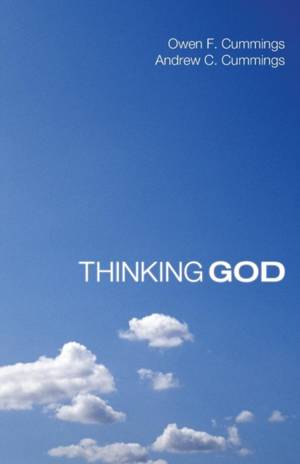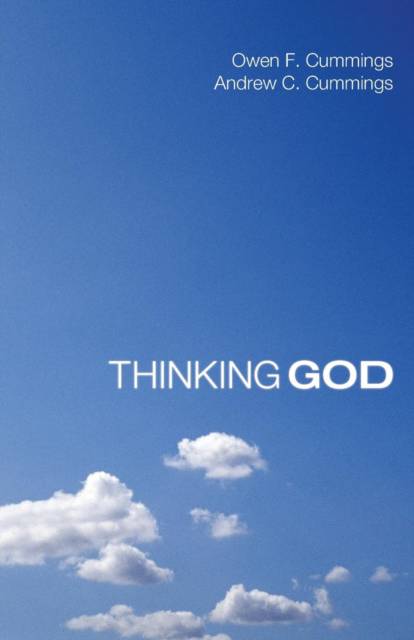
- Retrait gratuit dans votre magasin Club
- 7.000.000 titres dans notre catalogue
- Payer en toute sécurité
- Toujours un magasin près de chez vous
- Retrait gratuit dans votre magasin Club
- 7.000.0000 titres dans notre catalogue
- Payer en toute sécurité
- Toujours un magasin près de chez vous
Description
The last decade or so has seen many books from what might be called "the new atheists." One thinks, for example, of Richard Dawkins or Christopher Hitchens. They have captured the interest of the general reading public and have sold well. Often, however, they have loaded the dice against Christian belief in a most unfair fashion. Arguments and issues have been summarily dismissed after the most cursory of treatments. Thinking God, written by a philosopher and a theologian, father and son, invites the reader to a more reflective consideration of the issues around God and the traditional fabric of Christian belief in a fair and openhanded fashion. Issues, both traditional and more contemporary, have been engaged. The result is an invitation to think of Christian faith seriously, reflectively, and critically.
Spécifications
Parties prenantes
- Auteur(s) :
- Editeur:
Contenu
- Nombre de pages :
- 132
- Langue:
- Anglais
Caractéristiques
- EAN:
- 9781610976824
- Date de parution :
- 22-09-11
- Format:
- Livre broché
- Format numérique:
- Trade paperback (VS)
- Dimensions :
- 137 mm x 211 mm
- Poids :
- 158 g

Les avis
Nous publions uniquement les avis qui respectent les conditions requises. Consultez nos conditions pour les avis.






